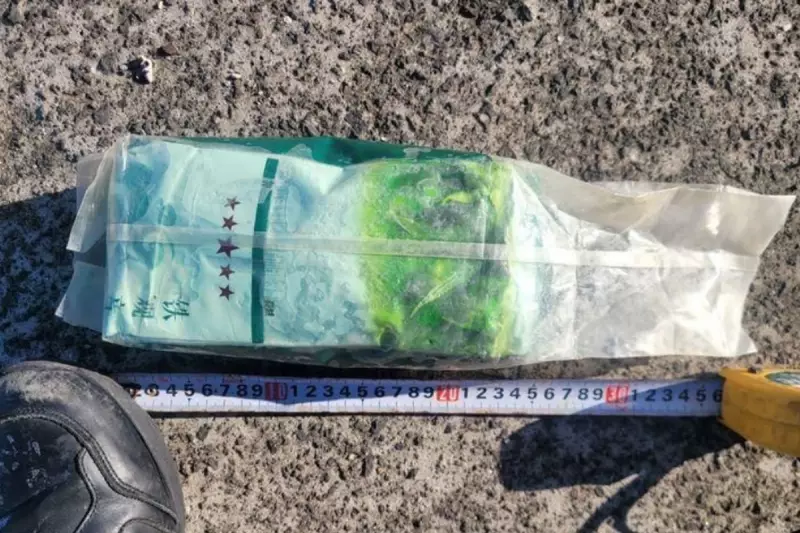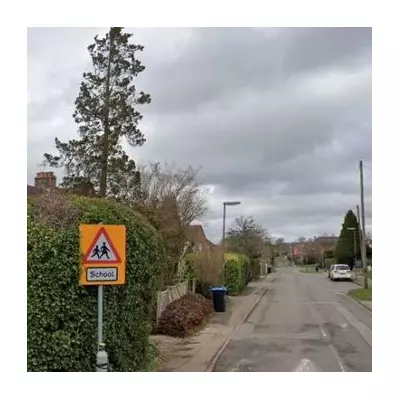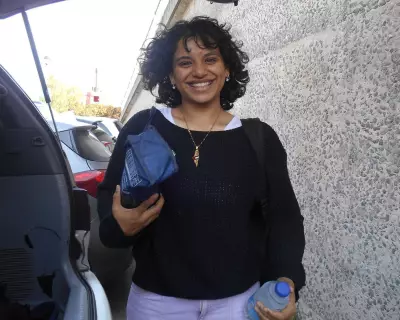
Massive Drug Haul Washes Up on Popular Tourist Beaches
Authorities on South Korea's Jeju Island are confronting an unusual drug smuggling operation after more than 28kg of ketamine disguised as Chinese tea packets washed ashore along multiple beaches. The discovery has triggered one of the island's largest coastal searches in recent memory.
Since late September, dozens of foil-wrapped packages marked with Chinese characters for Tieguanyin oolong tea have been recovered from at least ten locations around the island. Each packet contained approximately one kilogram of the illegal substance, with the total haul estimated to be worth around 87 billion won (£51 million).
Major Discoveries and Public Concern
The most significant single discovery occurred on 15 October when a beach cleaner in Seogwipo found 20kg of the disguised drugs at Gwangchigi Beach, a favourite spot for both tourists and local families. This finding prompted an extensive search operation involving over 800 personnel including police officers, marines, coast guard members and civilian volunteers.
Local residents have expressed alarm at the situation. "I often bring my children to this beach," said one resident identified only as Kim. "Seeing so many people looking for drugs is terrifying. I shudder to think that children might touch something like that."
Another resident, Hyun, voiced concerns about the potential damage to Jeju's reputation as a tourist destination and questioned the timing of the response. "It's been more than a month since the first packages appeared, and it feels too late for this kind of search," they told local media.
International Smuggling Operation Suspected
Investigators believe the drugs likely drifted to Jeju's shores via ocean currents from international waters. Kim Young-beom, head of the narcotics division at the Jeju Coast Guard, explained: "Since the areas where drugs were found overlap with regions where marine waste tends to collect, we believe the packages floated to Jeju's northern coast via ocean currents."
The investigation has revealed that similar packages disguised as tea have been discovered in Pohang, North Gyeongsang, and on Japan's Tsushima Island, strengthening the theory of an overseas origin. Authorities haven't ruled out organised drug syndicates using sophisticated smuggling methods such as the "sea bump" technique, where traffickers drop tracked bundles at sea for later retrieval by accomplices.
Tests confirmed that the packages are designed to float, supporting the ocean current transportation theory. Coastal searches are expected to continue through mid-November, with officials urging anyone who finds suspicious items to contact police immediately.
Broader Context of Drug Trafficking in South Korea
This incident adds to growing concerns about foreign drug trafficking operations targeting South Korea. Earlier this year, police arrested a German and a Polish national accused of smuggling 52kg of ketamine and 70,000 ecstasy pills into the country, hidden within decorative ceramics sent through international courier services.
Ketamine, while used medically as an anaesthetic, is banned for non-medical use in South Korea under the Narcotics Control Act. Recreational use can cause serious psychological and physical harm, affecting vital organs including the heart and lungs.
Kang Gwi-bong of the Jeju Provincial Police emphasised the legal consequences, stating that possession or distribution of narcotics carries severe penalties under Korean law. Authorities continue to investigate the origin of the drugs while maintaining heightened vigilance along Jeju's coastline.





